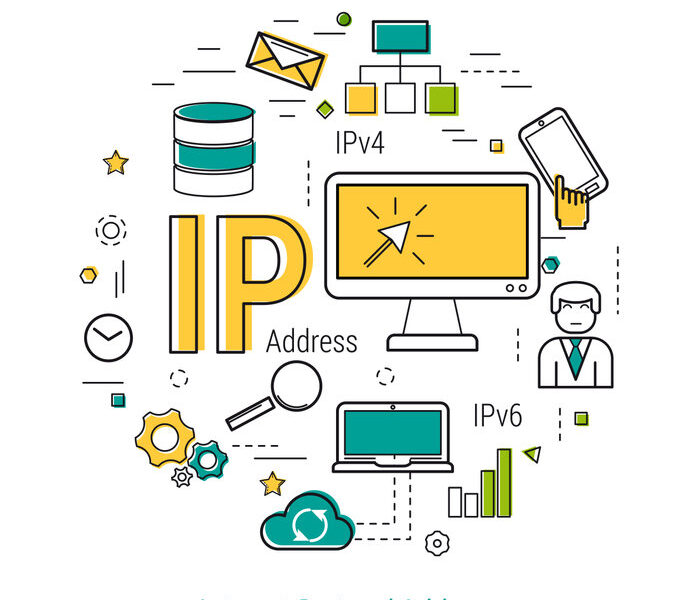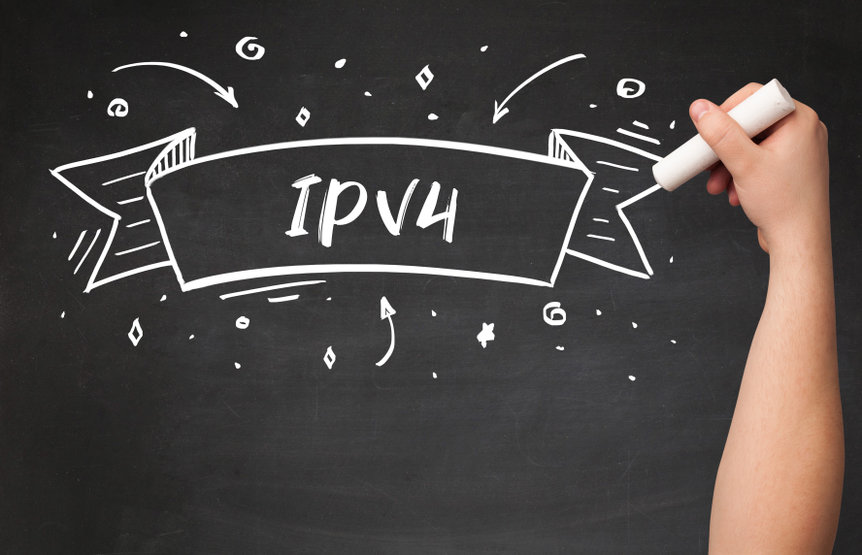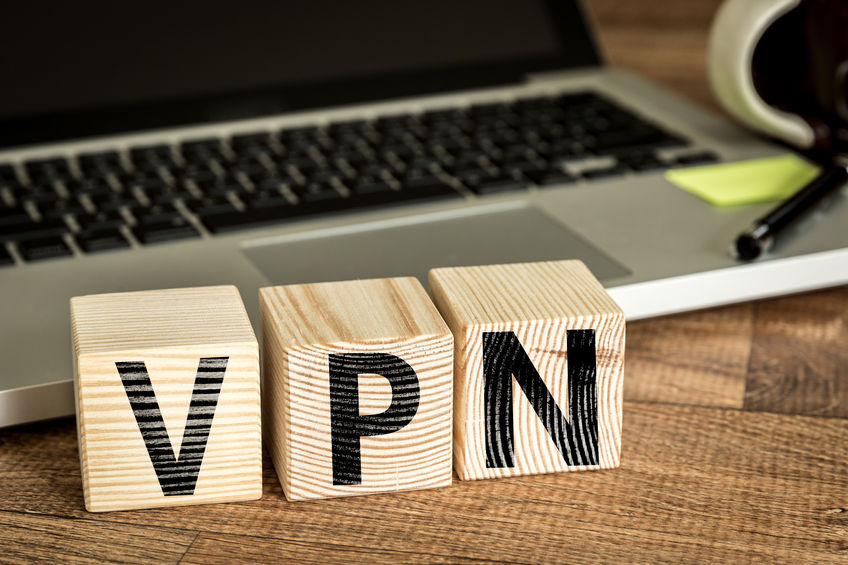IPv6 is the most recent edition of the Internet Protocol, intended to replace IPv4. The Internet Protocol version 4 scarcity is a significant problem, but the world continues to move forward, so it’s time to let it go. The final IPv4 countdown has begun. Let’s look at what IPv6 has to offer and how to make the most of it!
IPv6 – what does it mean?
IPv6 is the sixth iteration of the Internet Protocol’s IP address. IPs are a set of rules that a device must follow when sending and receiving data from a host to a destination. We’ll need a list of recognizable hosts, their locations, IP addresses, and a communication path.
Returning to IPv6, it has been around since 1995! The strange thing is that there has been a scarcity of IPv4 addresses, as well as other issues. Despite this, the majority of organizations continue to use the earlier IPv4 standard. Since 2017, it has been an Internet Standard (IETF) to anticipate an increase in IPv6 usage in the near future.



